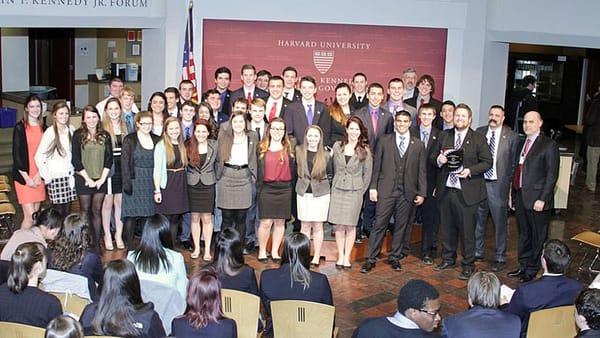Jobs, drugs top concerns for Bay State residents

While race relations and the threat of terrorism dominate the national news, Massachusetts voters at the state level are more concerned about jobs, the economy, and the worsening opioid epidemic, according to local polling data reviewed by the NewBostonPost.
Sixteen percent of respondents named jobs as the topmost concern, followed by the opioid crisis at 13 percent, according to the Suffolk University poll released in May. That reflects a shift from six months ago when Suffolk found that illegal immigration and the state budget were foremost on the minds of voters, with 12 percent of respondents identifying each as their top issue. In that poll, 11 percent identified drugs as their number one issue, while 10 percent pointed to jobs.

